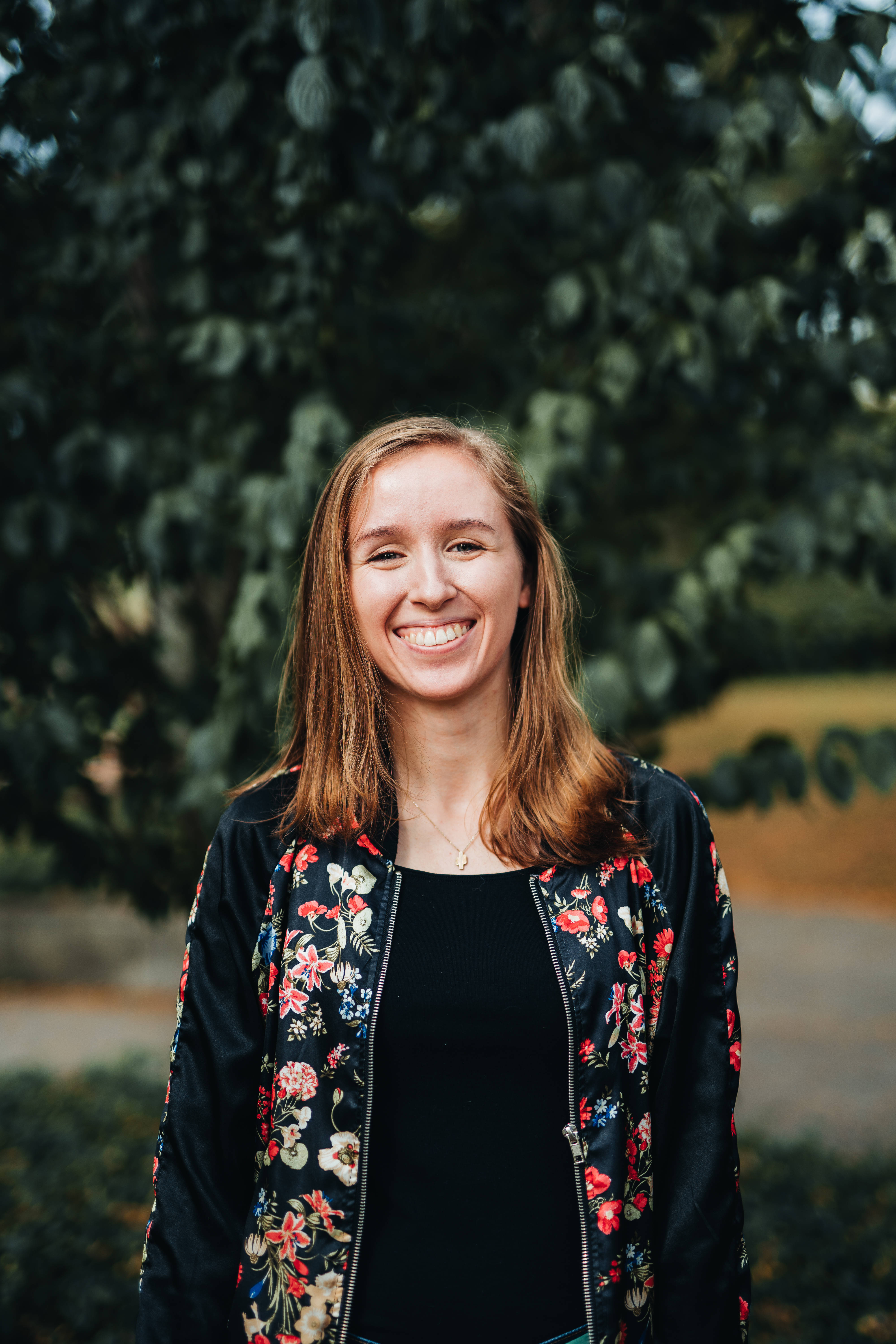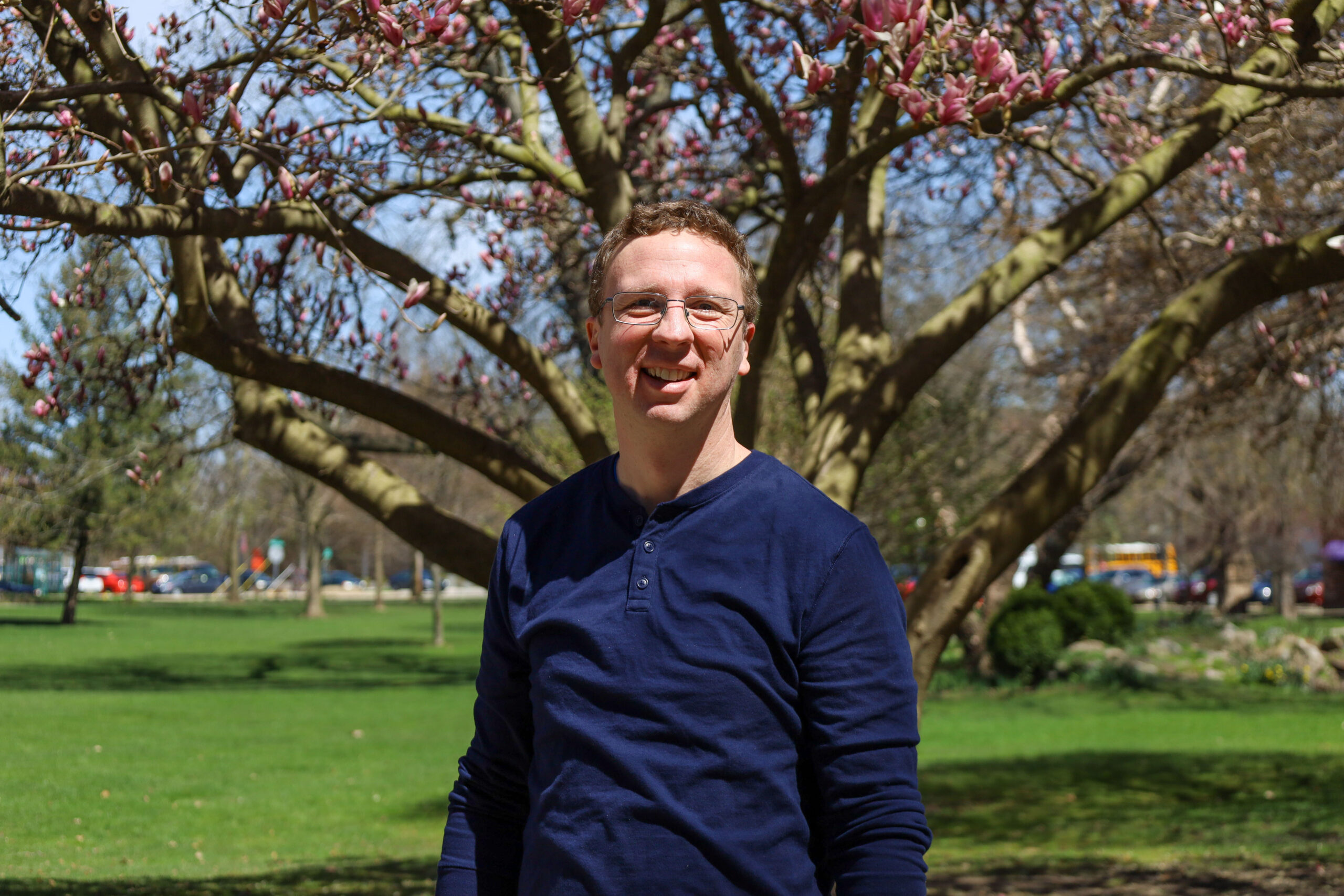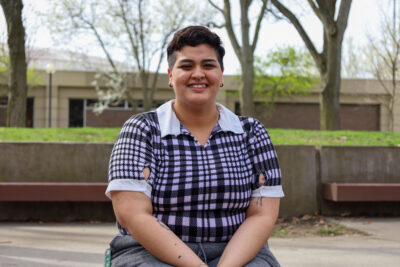College is rough, guys. It turns out that our parents, advisors and mentors were right when they said that college is a time of growth and — dare I say it — self discovery. It’s great, it’s life changing, etc. We all enter college hoping that it will have some measure of this impact in our lives. I was less prepared for the fact that growth is hard, and sometimes it hurts. I also didn’t expect to feel this painful growth quite so strongly in one key area: my faith.
I recognize that not all students identify with this topic, and that’s okay, but I would venture a guess that a decent number of us are still trying to work out where and how we fit into this faith community.I grew up attending several small nondenominational churches in a strongly evangelical community. Faith was close, and it was personal. When I left for college, I left a strong faith community of like-hearted people and found a faith community at GC that didn’t fit in the same way. Here everyone was welcomed, which I love. It’s beautiful to build a place where people can come as they are, without expecting them to change their identity before accepting them fully. As time passed; however, the pretty parts of that process began to fade a bit, and I realized that even though that openness is absolutely worth it, it can be really hard.
Diversity is a good thing. Welcoming individuals from diverse cultural and religious perspectives to find a common community at Goshen College is a good thing, and we all have a lot to learn from each other when we take the time to listen. Those conversations are “gold dust,” as Joe Liechty, Peace, Justice, and Conflict Studies professor, would say. PJCS classes teach me time and time again that good and noble pursuits are often more complicated than we expect them to be. Welcoming everyone is important, but that same openness can lead individuals who come from varying communities to feel isolated. Over my years as a student here, my question has shifted from “Do I feel welcomed?” to “Do I feel supported?” While the two ideas are connected, support is arguably harder. It involves relationships with others and a long-term perspective–or at least as long-term as the typical four years spent at Goshen College. And honestly, my answer is no. The core of my spiritual support throughout college has come from weekends at home. The reality is that the sheer number of religious perspectives coupled with restricted resources and manpower limit our ability to provide this support as an institution. As someone who spent two years in Campus Ministries, I can tell you that it is hard work, and there is no clear solution.
During my sophomore year, I took a PJCS class called Religion, Conflict, and Peace. Spending a semester taking an in-depth look at the role religion plays in both conflicts and peace work was an amazing experience that I was, quite honestly, not ready to process. I remember feeling frustrated as I realized that it was difficult to identify the role of faith in my future work when I was already struggling to identify how my faith related to my life at Goshen College. I still don’t have a concrete answer to either of those questions, but I think I’m getting closer. Serving as the teaching assistant for Joe Liechy’s Global Issues class, Living at Peace in a World of Many Faiths, is allowing me to revisit some of those readings and topics — this time in a larger class with more diverse religious, political, and cultural perspectives. I may not have clear definitions for where I fit into this community, but reading other students’ perspectives has assured me of one thing: I’m not alone in this struggle to figure out where my own faith fits.
If we want to build a culture of support for students, it is a logical first step to define the culture. The reality is that the demographic identity of Goshen College is shifting — especially in religion. We are a Mennonite-affiliated college, but this year less than 30% of traditional students identify as Mennonite, compared to nearly 60% in 2009. We identify as a Christian school, but a combined 27% of traditional students marked their religious affiliations as “Other religion,” “None,” or “Unknown” (GC Fact Book, 2019). That isn’t to say these changes are negative, but merely to point out that we are a part of an important shift, and it makes sense that we as students would struggle to find our place when GC itself is growing and changing.
I don’t have a catch-all solution for making sure that all GC students feel supported in their faith journeys. I don’t even know whether that is the college’s responsibility — the weight is certainly too heavy to expect one amazing but part-time campus pastor and the group of students in SMT to carry alone. The fact remains, however, that for some of us, faith is deeply personal and directly impacts our college experience. Faith at Goshen College can feel challenging, especially when the process is marked by a lack of community support. If that process feels rough for you, know that we are on that ride together.



